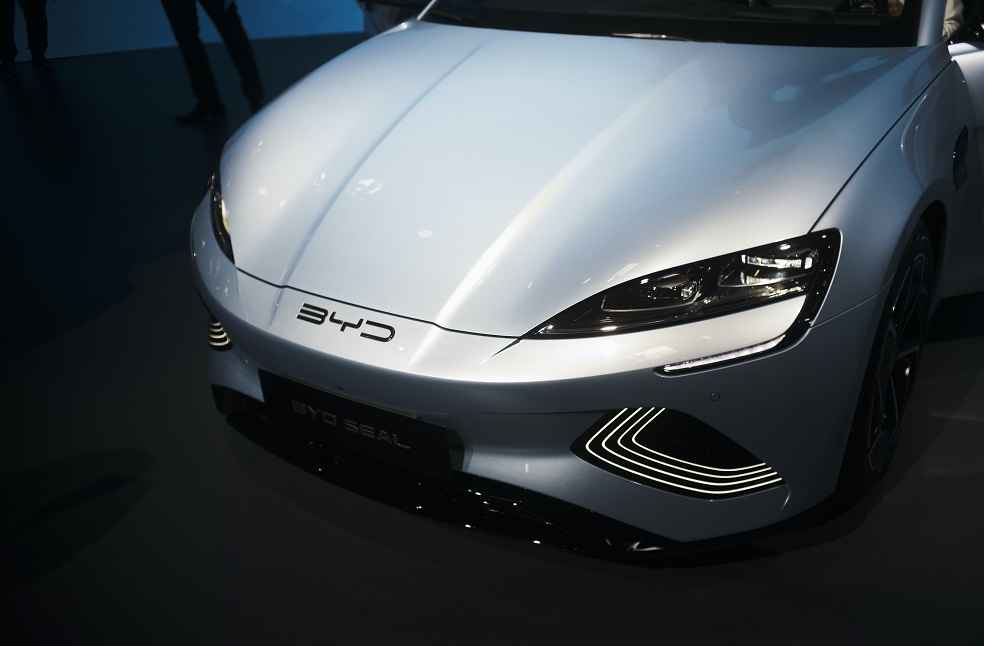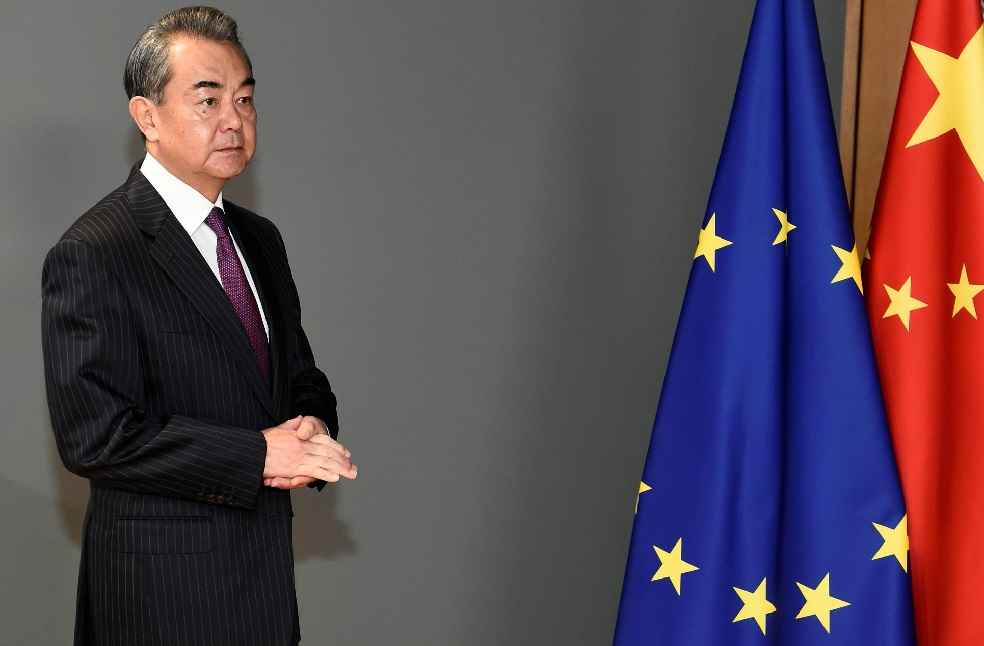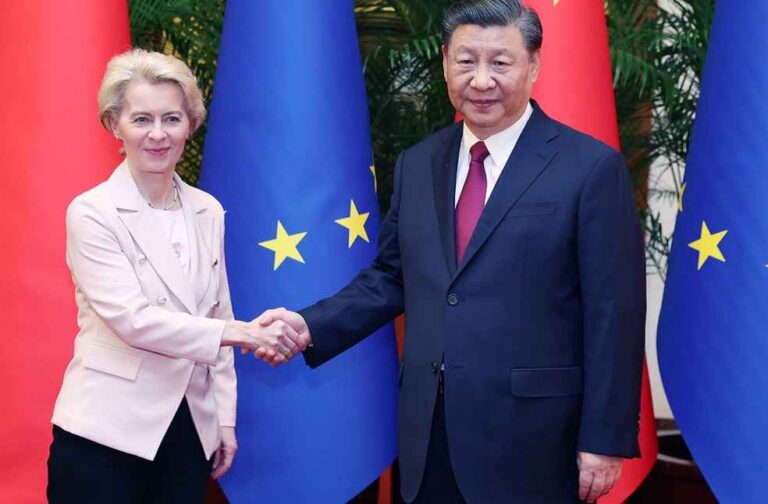Recent years, the evolving EU-China relations have prominently showcased through the flourishing cooperation between the European Union (EU) and China within the automotive domain, especially in the electric vehicle (EV) industry.
Yet, with the EU’s recent announcement of launching an anti-subsidy investigation into Chinese EVs, this cooperative partnership is being scrutinized amidst concerns over “protectionism” and “fair competition”. The stakes are high as the dynamics between the two powerful entities may significantly influence the global EV market’s trajectory.

On one side, Chinese authorities denounce the investigation as an act of protectionism aimed at sheltering the EU’s indigenous industry. The substantial growth of China’s EV exports, as illustrated by a leap to 3.216 million EVs shipped within the first eight months of 2023, is perceived as a competitive threat in some European circles.
According to European Commission data, imports of Chinese vehicles reached 530,000 in 2022 and 350,000 in the first half of 2023 alone. The investigation comes on the heels of Ursula von der Leyen, the president of the European Commission, highlighting the distortion caused by massive state subsidies that keep Chinese EV prices artificially low.
Experts like Ferdinand Dudenhoeffer, Director of Germany-based CAR Center Automotive Research Duisburg, warn against retaliatory measures that may spiral into a trade war, highlighting Germany’s significant stake in maintaining amicable relations. Major German automakers like BMW, Volkswagen, and Mercedes-Benz have a hefty market share in China, indicating the intertwined economic interests.

The EU’s anti-subsidy probe arises amidst the backdrop of China’s considerable public investment into its domestic EV industry, aligning with its ambitious five-year economic plans. This, coupled with China’s dominance in essential raw materials like lithium, cobalt, nickel, and manganese, has led to a substantial price difference between Chinese and EU-made EVs, making the former more attractive to budget-conscious consumers.
With Chinese brands like BYD, Nio, and Xpeng capturing an increasing share of the European market (rising from 4% in 2021 to 8% as estimated by the Commission), the European automotive industry faces a challenging terrain.The EU’s proactive move to initiate the investigation, even without a formal complaint from a member state, underscores the seriousness of the perceived threat.
However, the unfolding scenario also presents an opportunity for both regions to foster a collaborative framework that emphasizes healthy competition, mutual investments, and shared advancements in EV technology. As Croatian analyst Kresimir Macan puts it, cooperation between European and Chinese manufacturers in producing quality, affordable electric cars can yield economic benefits for both parties.

The China-EU new energy automotive sector reflects an evolving industry chain characterized by mutual interdependence, as noted by He Weiwen, a senior researcher at the Center for China and Globalization. Additionally, the partnership extends to the global automotive industry networks, with numerous suppliers worldwide contributing to the creation of each electric vehicle.
This crossroads scenario underscores the broader global discourse surrounding fair trade, competitive practices, and the burgeoning EV industry’s sustainable growth. As the EU mulls over the possible imposition of countervailing duties (trade tariffs) on Chinese EVs over the next 13 months, the dialogue between China and the EU could set a precedent for managing competition and fostering collaboration in the rapidly evolving global EV market.
TRENDING | US Stocks Tumble as Auto Sector Strike Hits Wall Street





